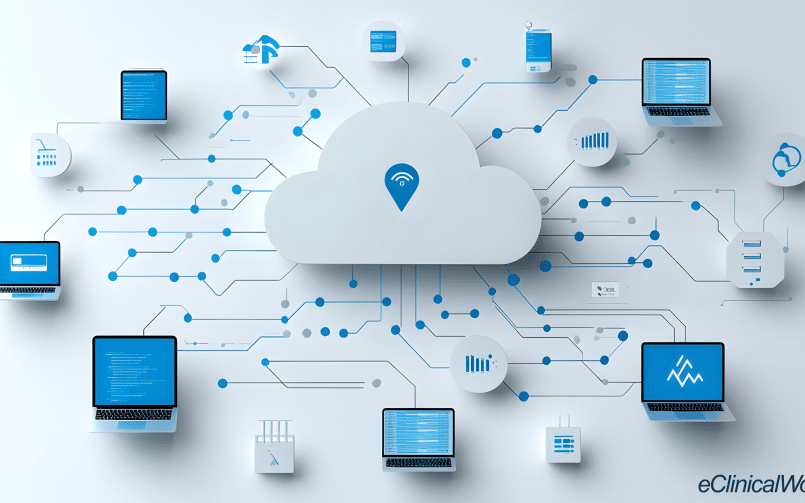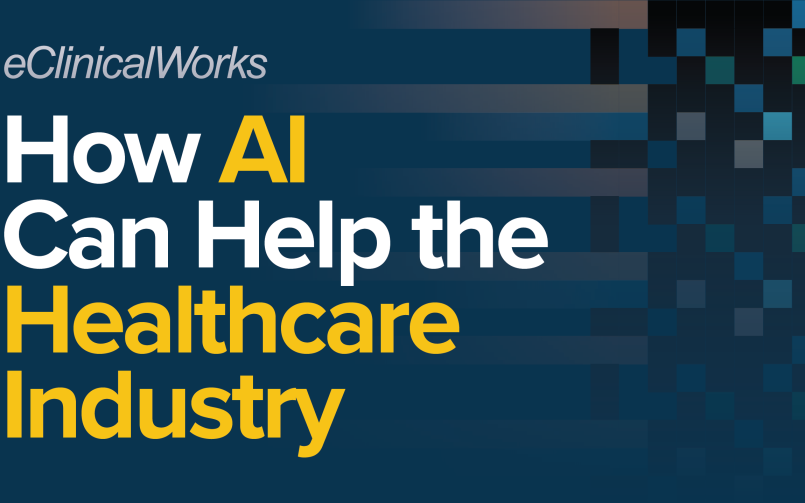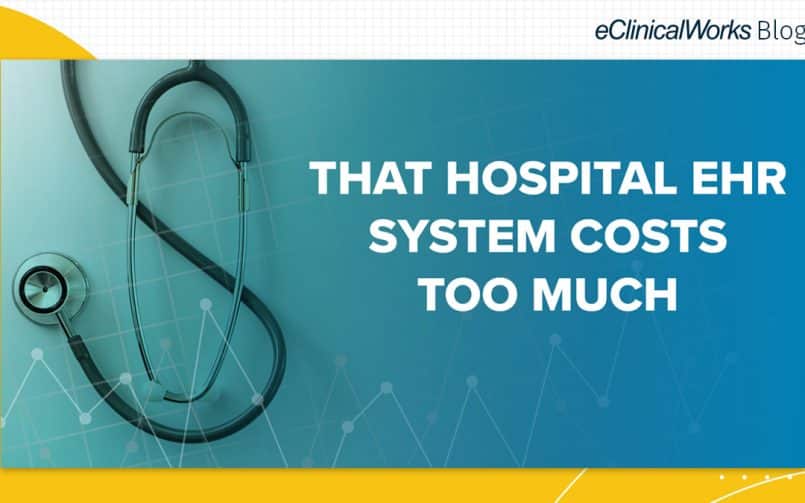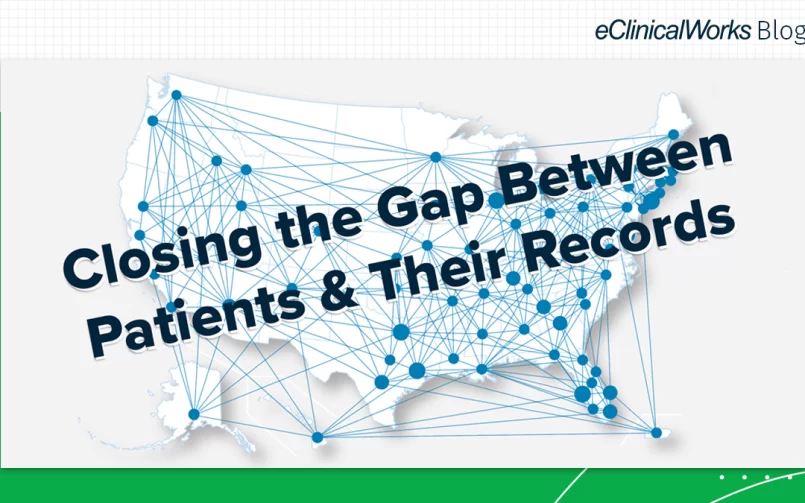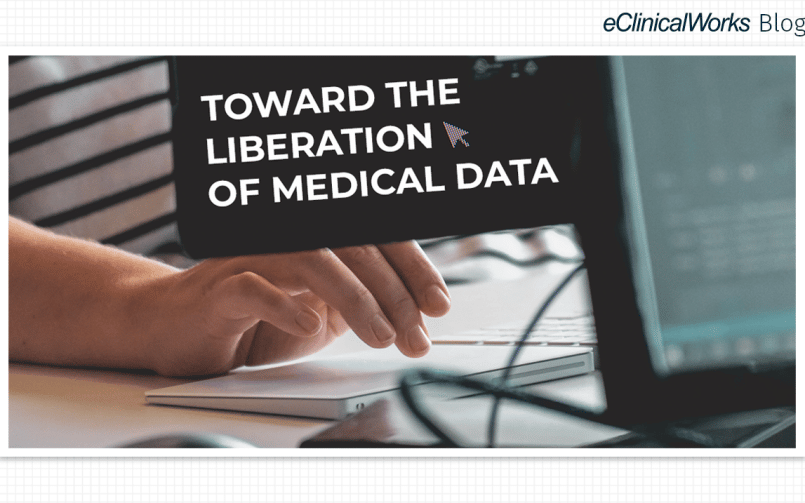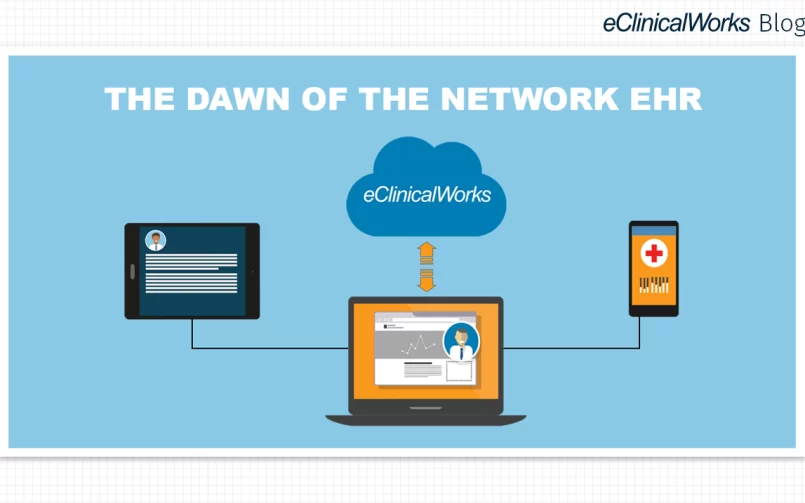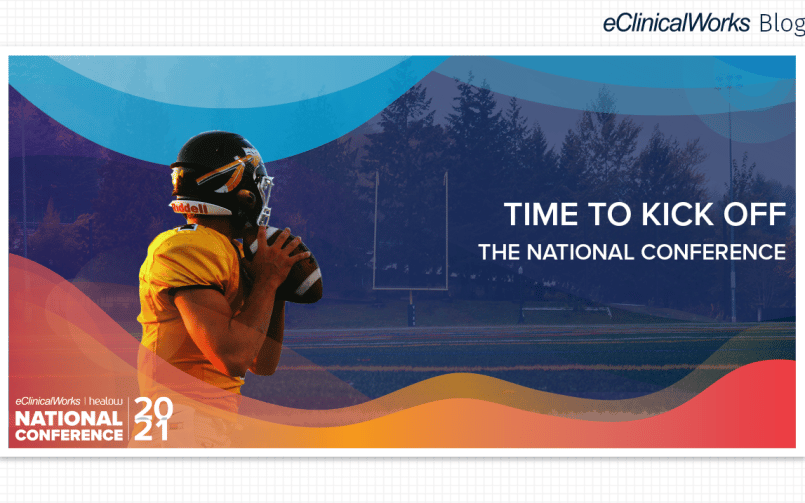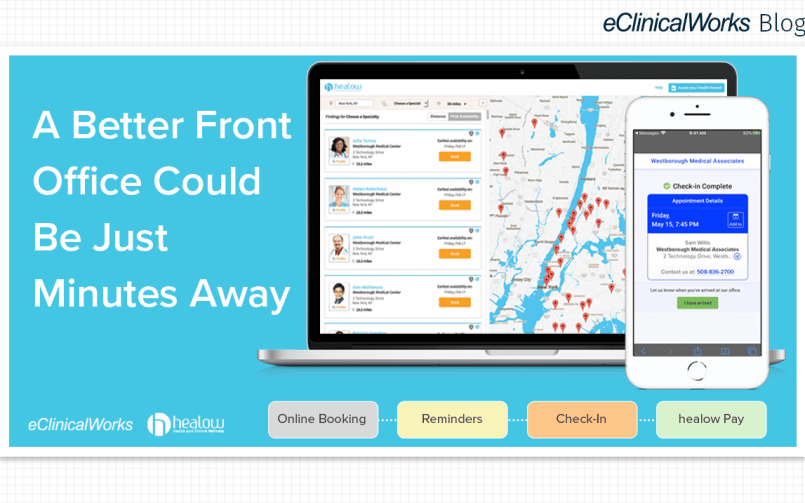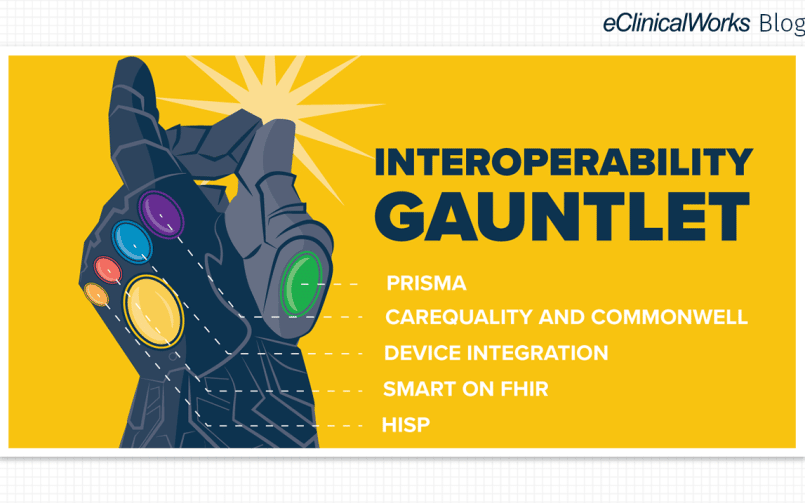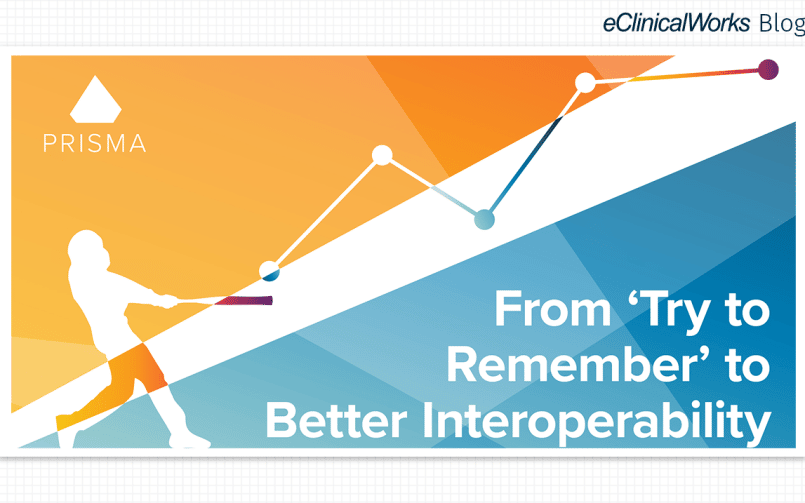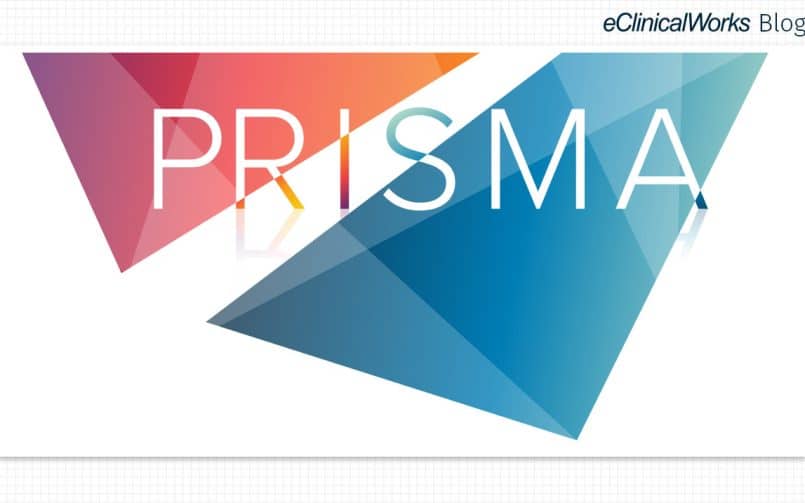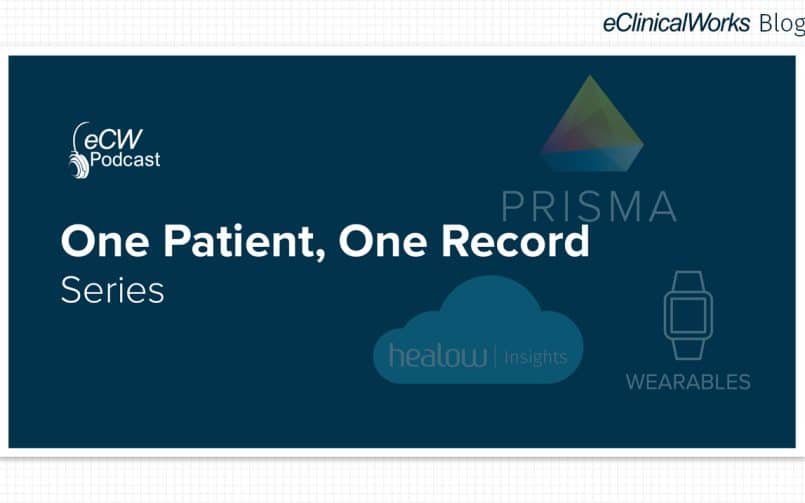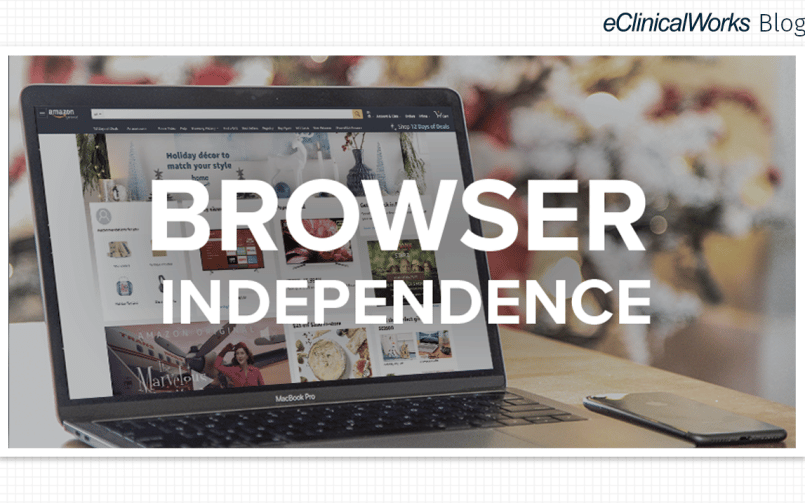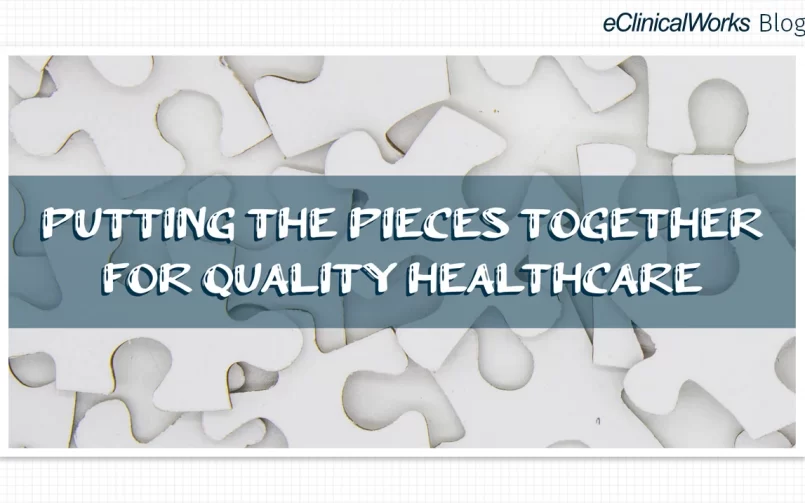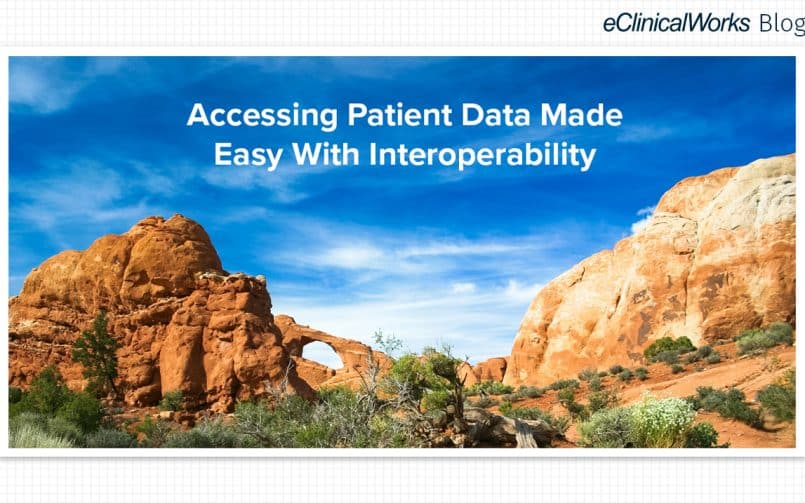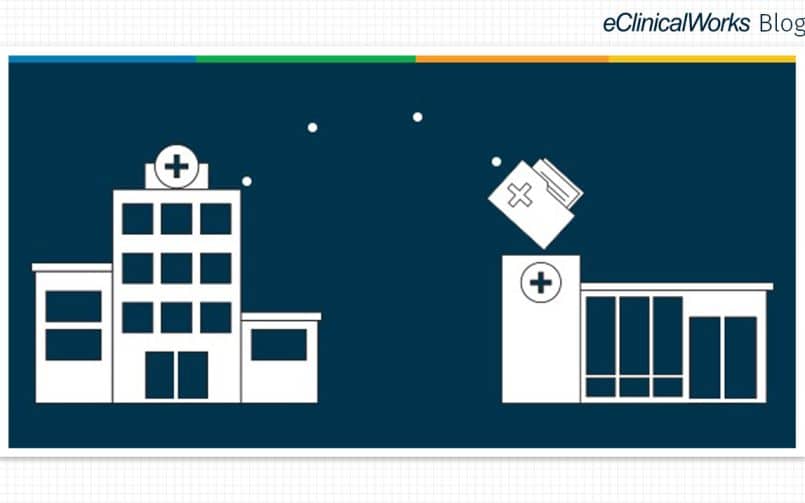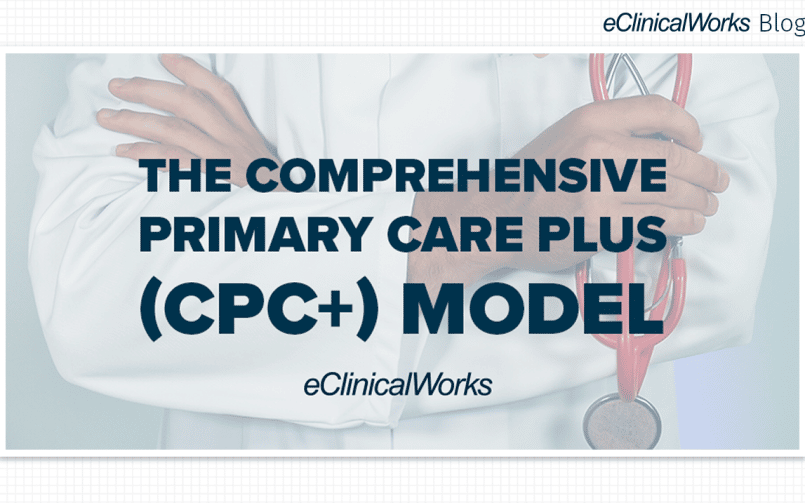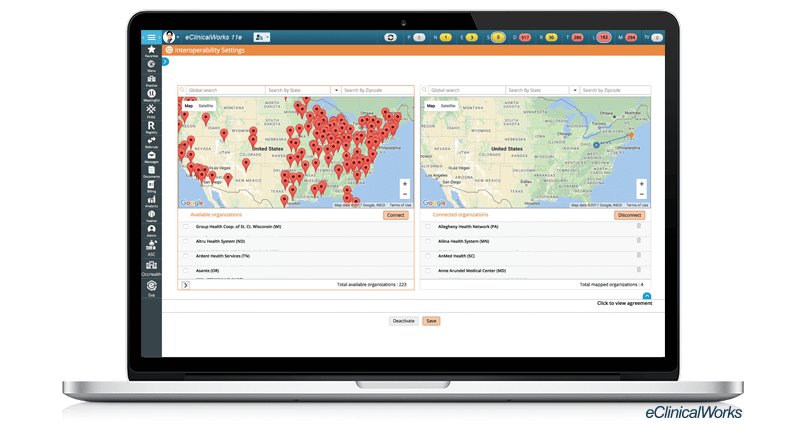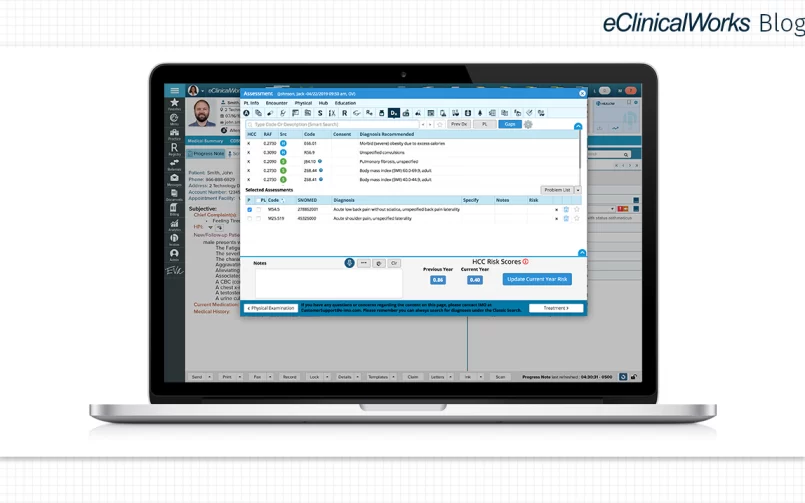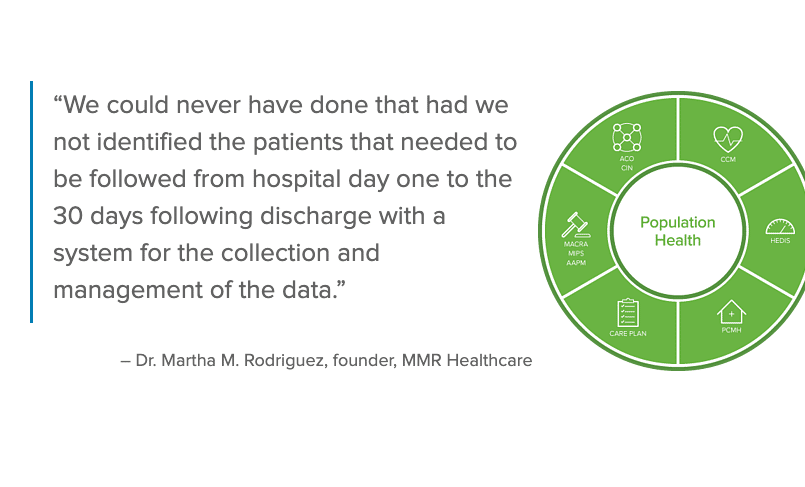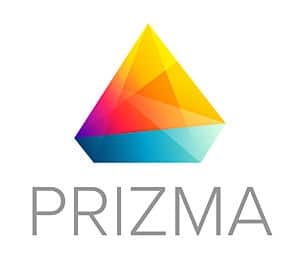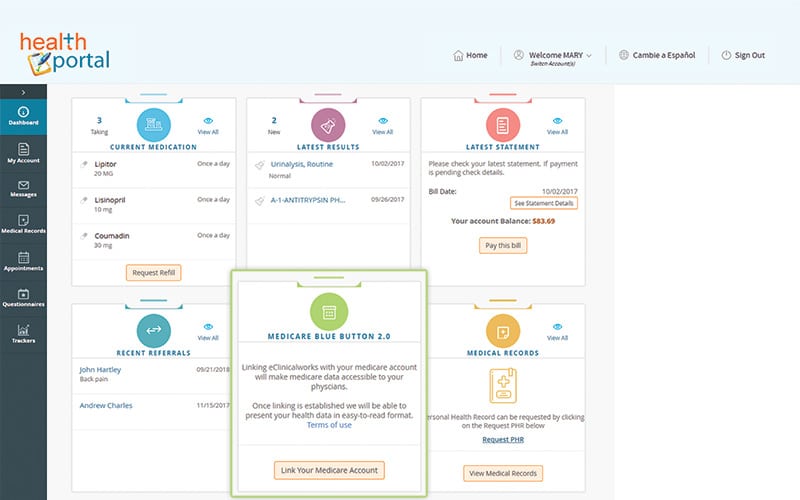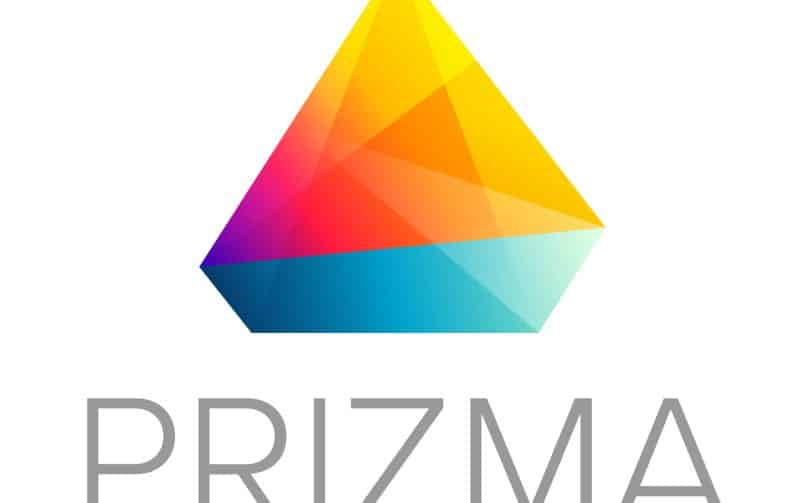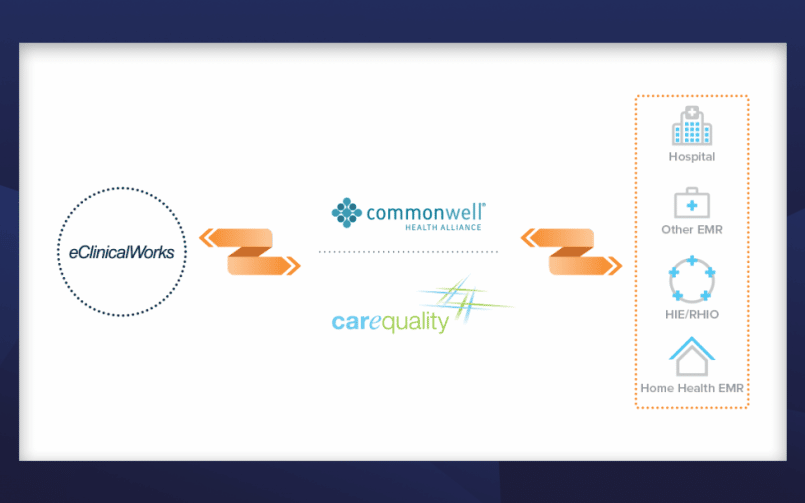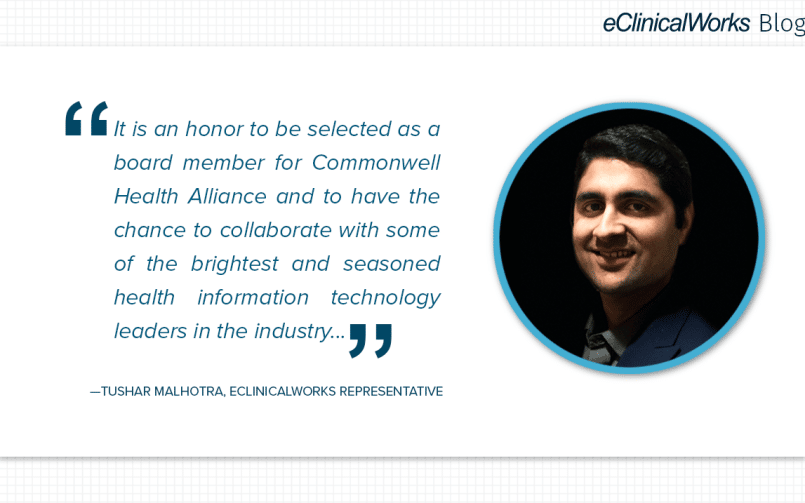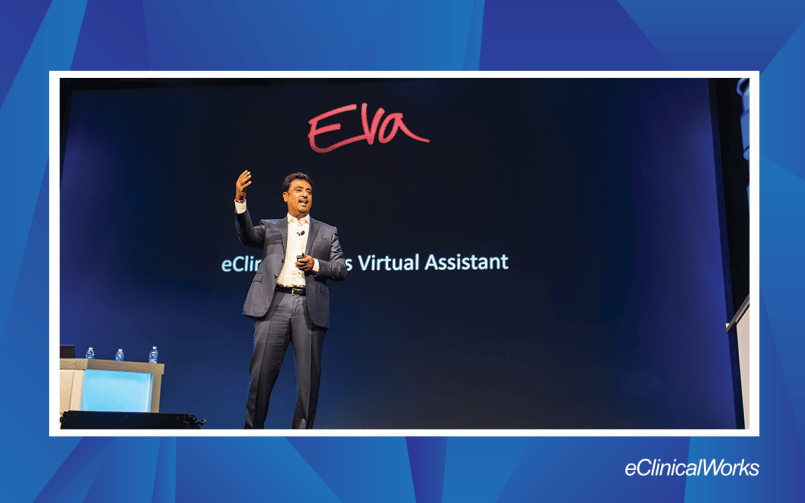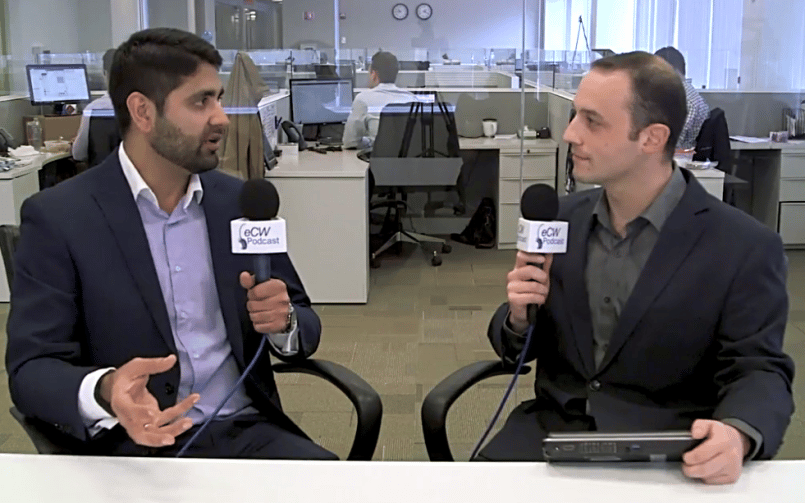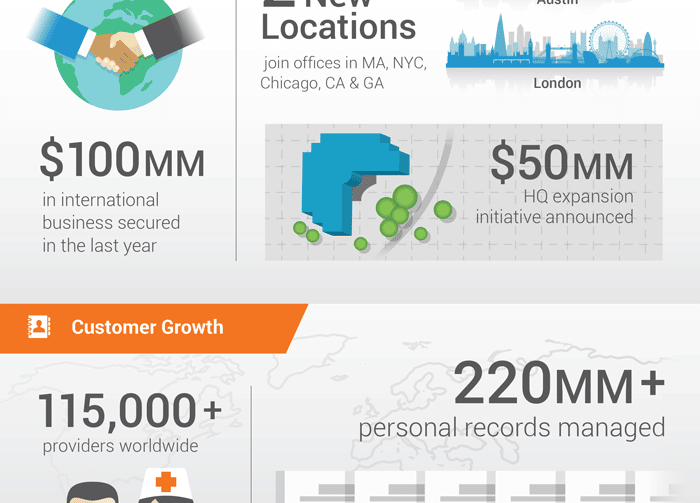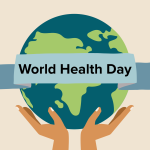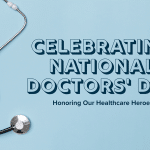Interoperability: Putting Data in the Right Hands
- 3 August 2020
- Blog
eClinicalWorks

In the right hands, medical data is priceless.
The right hands include authorized providers, for whom access to the most up-to-date patient data is essential for informed decision-making and better and safer medicine. Ensuring patients also enjoy on-demand access to their own medical records is critical for making them full partners in their healthcare.
How do providers, practices, and large medical organizations ensure that priceless patient data reaches all the right hands — and none of the wrong ones?
In addition to laws such as the Health Insurance Portability and Accountability Act of 1996 (HIPAA) and old-fashioned common sense, the answer is developing effective and secure interoperability solutions.
eClinicalWorks has long been an industry leader in interoperability, and the issuance of new rules by the U.S. Department of Health and Human Services underscores the importance of the work we are doing to promote access to medical records.
New rules to guide data sharing
The new rules fulfill provisions of the 21st Century Cures Act.[1]<
- The ONC Final Rule is designed to prevent information blocking and anticompetitive behavior by healthcare providers, healthcare IT providers, Health Information Exchanges, and other information networks.
- The CMS Final Rule, effective January 1, 2021, requires health plans that participate in Medicare Advantage, Medicaid, CHIP, and federal healthcare exchanges to share claims data electronically with patients — in secure, understandable, user-friendly ways.
- The new rules also include requirements governing application programming interfaces (APIs), which let patients use smartphones to access their medical records for free.
The eClinicalWorks difference
These new rules are designed to solve one of the most persistent and stubborn problems in healthcare — the existence of so-called data silos. An August 2019 study from the Center for Connected Medicine and HIMSS Media found that while 75% of health systems have achieved some level of interoperability, only about 40% of U.S. hospitals and healthcare systems are successfully and fully sharing patient data.
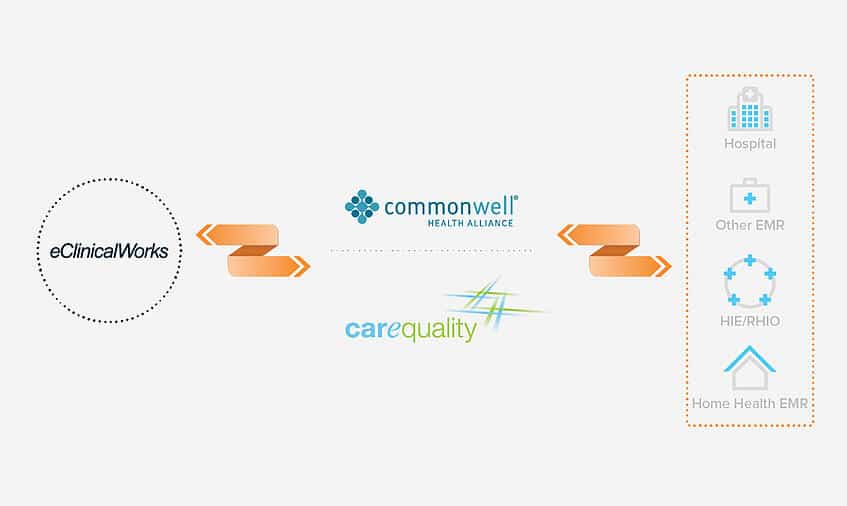
A leader in interoperability
eClinicalWorks has long been a leader in providing interoperability solutions to our customers, and we continue to take the lead in critical interoperability initiatives, including:
- Through our API Partners initiative, we have supported free patient access to records through third-party FHIR® apps for more than two years. We are implementing the Argonaut Project’s FHIR R4 specification to meet requirements for transitioning to the United States Core Data for Interoperability form CCDS (Common Clinical Data Set).
- eClinicalWorks has been supporting Admission, Discharge, and Transfer (ADT) notifications through point-to-point connections and regional HIEs. Our teams are now working to support ADT notifications through both the Carequality and CommonWell Health Alliance nationwide interoperability networks.
- eClinicalWorks continues to encourage data exchange through numerous modalities and tools, including using our interoperability gateway to connect clinical systems to state and regional HIEs, promoting FHIR APIs, CCDA exchange through national networks, and Direct Secure messaging at no or minimal cost. These steps enable our providers to freely exchange clinical data and not be labeled as “information blockers.”
[1] See https://www.cms.gov/Regulations-and-Guidance/Guidance/Interoperability/index





